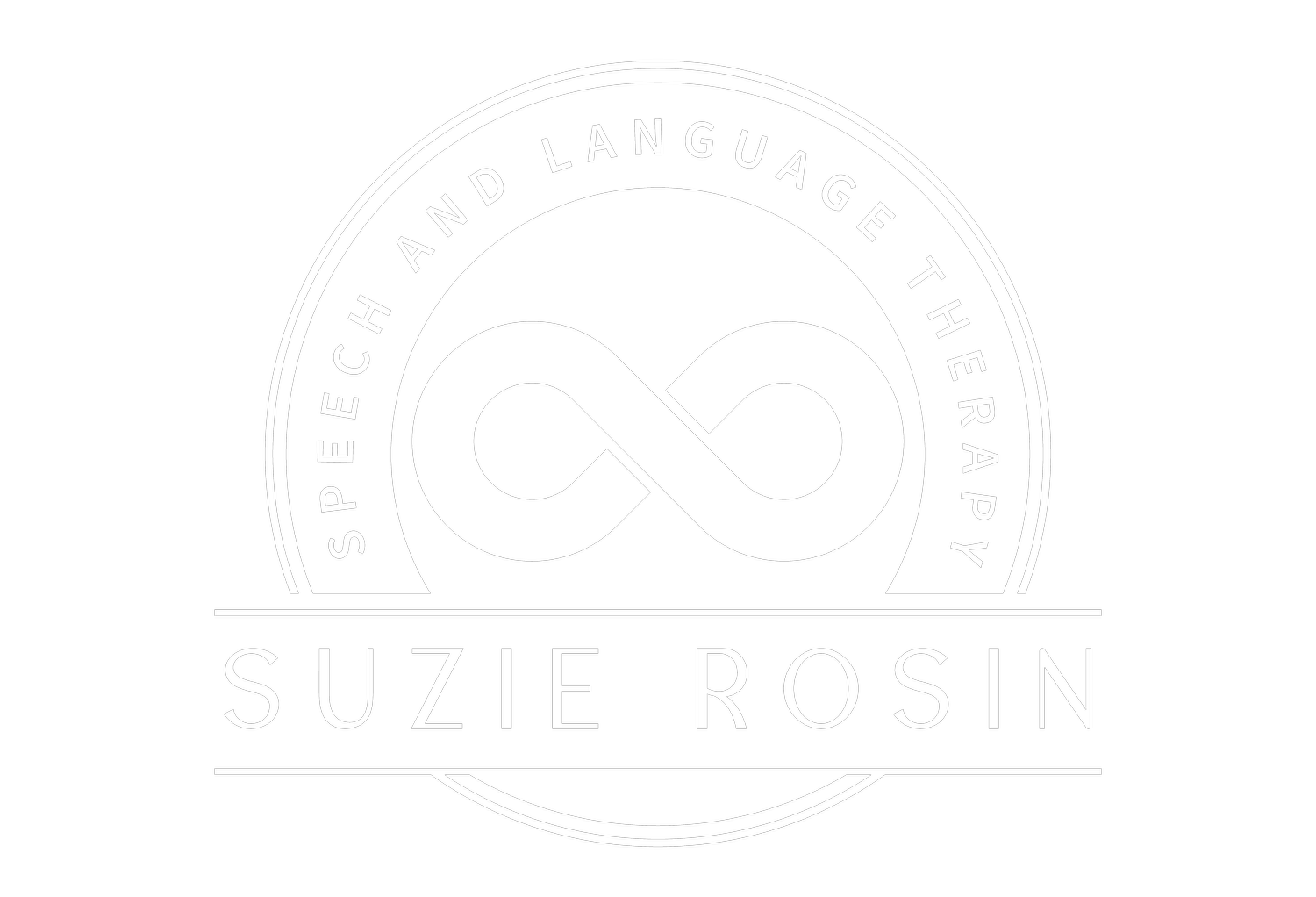Understanding Neurodiversity
Neurodiversity is the idea that everyone’s brain works differently; these differences are a natural part of human variation. Just as people have unique physical traits, we also have unique ways of thinking, learning, and experiencing the world.
Some individuals are described as neurotypical, meaning their brain processes information in a way that aligns with societal norms. Others are neurodivergent, which includes those with ADHD, Autism, Developmental Language Disorder, Dyslexia. These are not deficits—they are simply different ways of being.
The "double empathy problem" occurs when neurodivergent and neurotypical people struggle to understand each other’s perspectives, not because one is wrong but because their experiences are so different. School can be a particularly challenging time for many neurodivergent thinkers as it is typically an environment designed for neurotypical thinkers, and the demands of this can feel overwhelming and challenging.
Sometimes, neurodivergent thinkers may engage in "masking"—(girls quote / reference and statistics) hiding their natural behaviours or adapting to appear more neurotypical to fit in or avoid negative reactions. While masking can help children navigate certain situations, it can also be exhausting and impact their emotional well-being.
Neurodivergent–affirming:
By understanding and embracing neurodiversity, we can create environments that celebrate these differences and provide support tailored to each child’s needs. This means recognising their strengths, respecting their challenges, and fostering an atmosphere where they feel safe, have choices, feel valued, and are free to be their authentic selves.
It’s important to remember that we all communicate differently, and that’s OK.
Speech and Language Therapy is not about making all children communicate in the same way but about supporting them in finding the best methods and strategies for them. Working together, we can help children understand their communication profile and build the skills they need to express themselves authentically and connect with others in meaningful ways.


